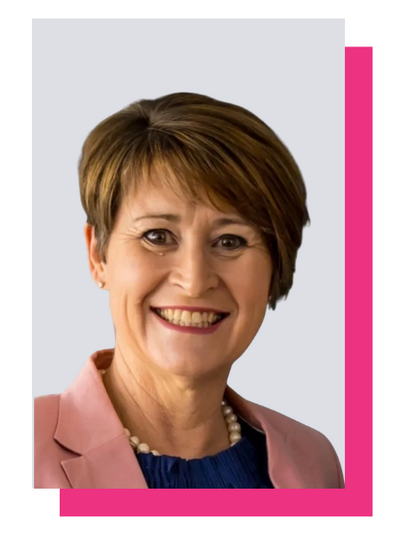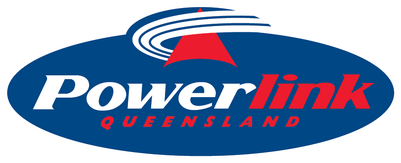
PowerHour 2025 Series
Episode #4
August 21st (9.30 - 10.30 am)
“Rethinking Renewables & Development Challenges”
Calling all engagement practitioners working in the energy transition! The PowerHour Forum is back in 2025 with another six-episode line-up designed to support better engagement and help you create lasting legacy across your projects.
- Understand what development really feels like on the ground
- Set the tone for long term co-existence
- Navigate tensions before they escalate, with practical tools and real-world strategies
- Build alignment across the board and lift the standards of engagement
- Turn insight into action
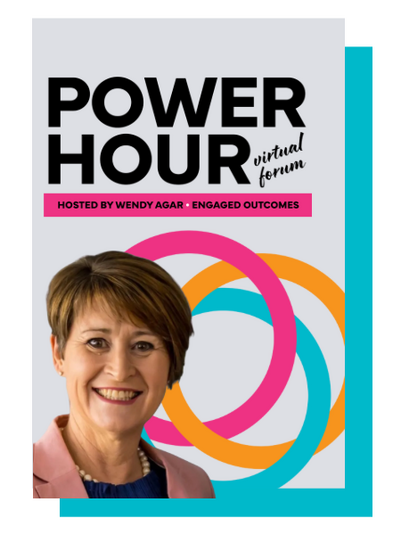
Why join this PowerHour?
Join us for a compelling and eye-opening virtual forum exploring what infrastructure development really means for the people living and working where projects take place — and how industry can do better from day one.
This session goes beyond theory to hear directly from landholders and engagement experts on the day-to-day impacts of development — from dust and disrupted access to biosecurity concerns, inconsistent contractor behaviour, and broken trust.
Led by Warwick Squire, CEO of Co-Existence QLD, and joined by panelists Gary Lees, host landholder and Head of Regional Development & Relations at RELA, and Dana Boxall, GM Community & Delivery Services at Powerlink, this session will dive into:
What day-to-day impacts look and feel like for landholders
How to build trust, credibility, and social licence from the start
What happens when things go wrong — and how to avoid it
Practical strategies for reducing conflict and managing division
How to lift engagement standards across teams
Real-world tools to turn insight into action and delivery into respect
This honest, real-world discussion will challenge assumptions, spark fresh thinking, and offer proven approaches to help you bridge the gap between intention and impact — with more confidence and clarity.
This PowerHour session is part of a high-impact learning series focused on regional voices, collaborative approaches, and the practical tools needed to shape development that works for everyone.
Expect lived experience, practical takeaways, and new strategies to build better relationships, reduce risk, and support long-term co-existence.
Meet our speakers
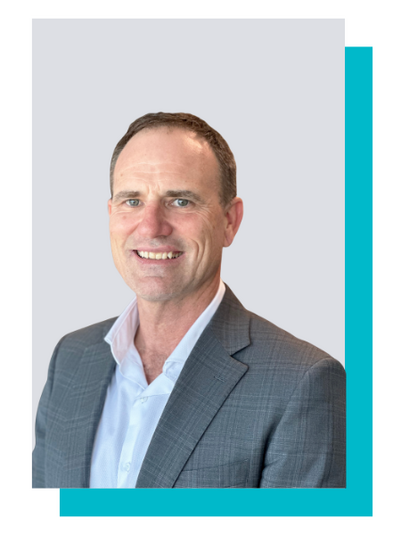
Warwick Squire
CEO - Co-Existence QLD
Keynote speaker
Warwick Squire is an experienced executive specialising in change leadership, policy development, and operational efficiencies with more than 20 years in the government sector. He has extensive expertise in cultivating productive relationships, particularly throughout rural and regional communities in Queensland.
Warwick currently serves as the Chief Executive Officer of Coexistence Queensland, a role in which he leads and works collaboratively with landholders, communities, agricultural, energy and resource companies, peak bodies, and all levels of government to achieve positive coexistence outcomes. His authentic leadership ensures team engagement and aligned focus within teams and across departments, driving change and delivering innovative projects in complex environments.
Gary Lees
Host Landholder / Head of Regional Development & Relations - RELA
Panel member
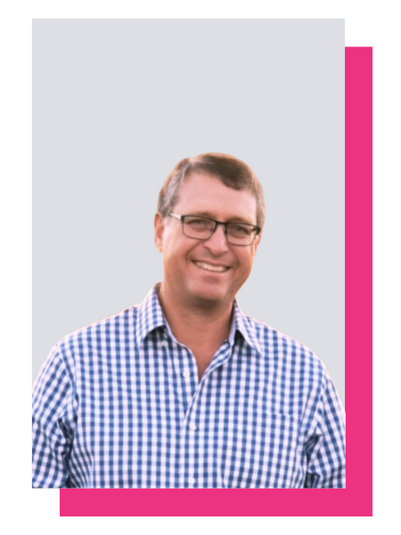
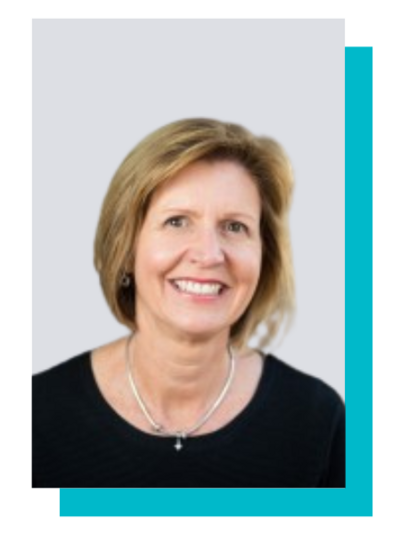
Dana Boxall
GM Community & Delivery Services - Powerlink Queensland
Panel member
Dana has over 30 years’ experience working in the energy industry and has had multiple roles across financial, regulatory and delivery focussed groups within Powerlink. She is now bringing this considerable experience to Powerlink’s engagement with Traditional Owners, landholders, communities and other stakeholders by heading up the Community and Delivery Services Group.
Dana was recently awarded the inaugural Women in Networks Award by Energy Networks Australia, for playing a key role in Queensland energy transformation. She is passionate about ensuring the energy transition occurs in a socially responsible and sustainable way and making sure Powerlink creates a positive and lasting impact on the communities it serves.
About the facilitator
Wendy Agar
Principal, Engaged Outcomes
Wendy grew up on her family’s Central Queensland beef and grain farm and spent 10 years as a partner in a sheep and cattle enterprise in Western QLD. She has 20 years of experience serving in leadership roles in multi-sectorial organisations in rural, regional, and remote Queensland. These experiences ensure Wendy brings finely honed facilitation and engagement skills, a deep practical understanding of adaptive leadership, and a lived experience understanding of the challenges and opportunities of engaging, building capacity, and leading change in rural, regional, and remote communities.
